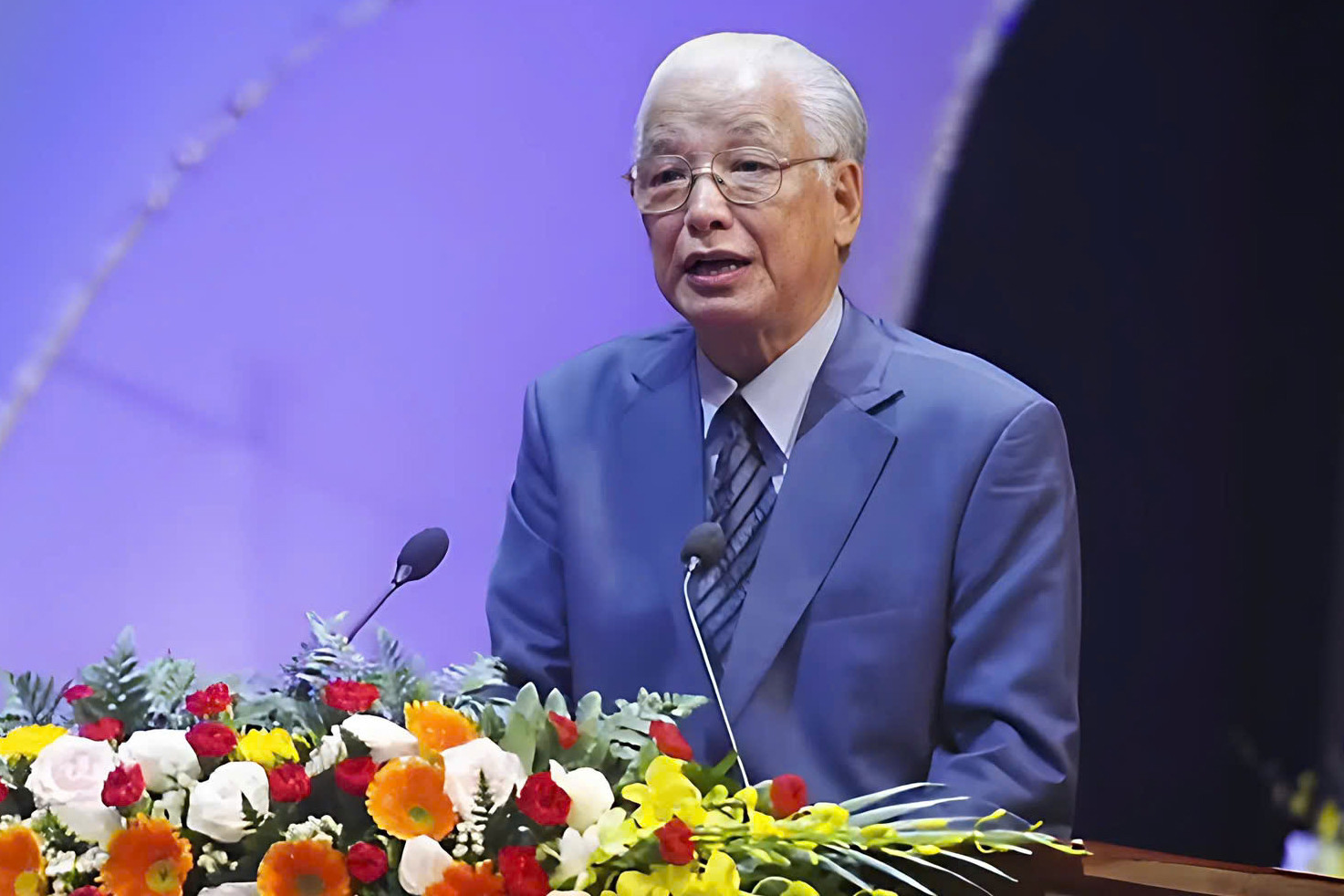
Cao Sy Kiem was elected to the board of directors (BoD) of Dong A Bank in March 2012 and served as the bank's chairman from June 2014.
In August 2015, he submitted his resignation, which was approved by the BoD.
However, Dong A Bank’s latest corporate governance report for the first half of 2024 still lists him as a BoD member.
This anomaly arises from legal regulations requiring a shareholder meeting to officially ratify his resignation.
Since Dong A Bank has been under special control by the State Bank of Vietnam (SBV) since August 2015, it has not held a general shareholders' meeting, preventing official ratification.
A historical perspective on Dong A Bank
Dong A Bank was once a prominent financial institution in Vietnam, especially in card issuance and remittances, peaking before 2011.
In 2011, the bank reported pre-tax profits of VND 1.255 trillion ($52.4 million) and post-tax profits of VND 950 billion ($39.7 million), remarkable figures at the time.
However, from 2012 onward, its profitability sharply declined.
The bank reported a post-tax profit of VND 577 billion ($24.1 million) in 2012, which dropped to VND 300 billion ($12.5 million) in 2013 and a mere VND 27 billion ($1.1 million) in 2014.
Simultaneously, bad debts soared, particularly in real estate loans.
Bad debt ratios increased from 1.69% in 2011 to 3.95% in 2012, and 3.99% in 2013.
By 2014, a year before being placed under special control, the bank ceased disclosing its bad debt ratios.
Major bad debts were linked to real estate loans, notably those involving Phat Dat Real Estate Company.
Dong A Bank’s shareholders received no dividends in 2013 or 2014.
Despite his resignation in 2015, Cao Sy Kiem remains listed as a BoD member due to unresolved administrative formalities.
The bank explained that, under Vietnamese law, resignations must be approved at a general shareholders’ meeting, which has been impossible to convene since the SBV assumed control in 2015.
Cao Sy Kiem was succeeded by Vo Minh Tuan as chairman in 2015.
In August 2022, the SBV replaced Tuan with Nguyen Thanh Tung as the chairman of the BoD.
Tung, appointed by the SBV in 2022, now oversees Dong A Bank’s operations under special control.
Ownership structure and shareholder dynamics
Before being placed under special control, Dong A Bank had registered capital of VND 5 trillion ($208.7 million), fully owned by domestic shareholders.
Corporate shareholders accounted for 40.68% of ownership, while individual shareholders held 59.32%.
Key corporate shareholders included:
Bac Nam 79 Construction Joint Stock Company (10% ownership)
PNJ (Phu Nhuan Jewelry), owned by Tran Phuong Binh and Cao Thi Ngoc Dung (7.7%)
Ho Chi Minh City Party Committee Office (6.9%)
Notable individual shareholders included Tran Phuong Ngoc Ha (2.06%) and Tran Phuong Ngoc Giao (2%), the children of Tran Phuong Binh and Cao Thi Ngoc Dung.
The legacy of Cao Sy Kiem
Born in 1941 in Thai Binh, Cao Sy Kiem served as the Governor of the State Bank of Vietnam from 1989 to 1997.
He later became the chairman of the Vietnam Association of Small and Medium Enterprises and a longstanding member of Vietnam’s National Assembly.
During his tenure as Dong A Bank's chairman, he worked alongside Tran Phuong Binh, who held dual roles as vice chairman and CEO.
The peculiar situation of Cao Sy Kiem still being listed as a BoD member highlights the administrative and legal complexities faced by banks under special control.
Dong A Bank, once a financial giant, continues to grapple with its restructuring and the shadow of its past challenges.
Tuan Nguyen